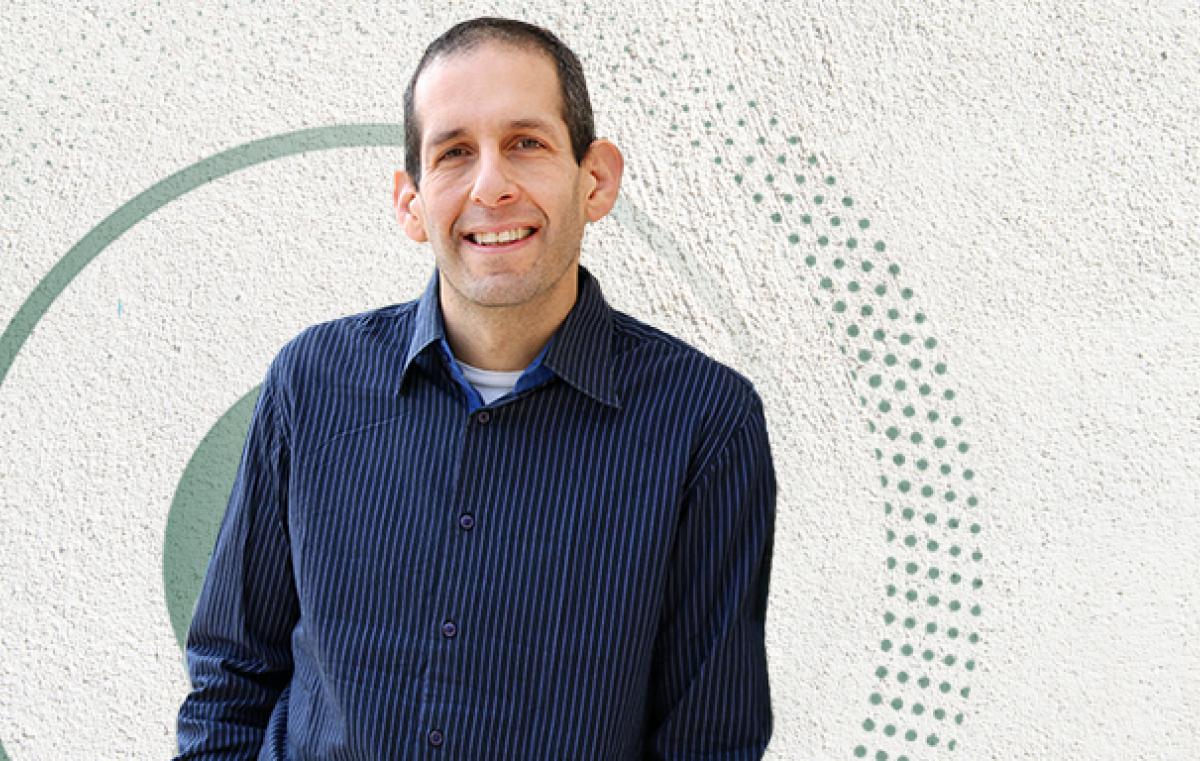Meet Dr. Yogev Kivity
of Bar-Ilan’s Department of Psychology, whose studies show that mentalization plays a crucial role in the psychological treatment of people with Borderline Personality Disorder (BPD).

He’s a clinical psychologist and former Fulbright Fellow who is studying “mentalization” – the human capacity for thinking about mental states such as emotions, thoughts and beliefs of ourselves and others. Meet Dr. Yogev Kivity, of Bar-Ilan’s Department of Psychology, whose studies show that mentalization plays a crucial role in the psychological treatment of people with Borderline Personality Disorder (BPD).
As the director of BIU’s Laboratory for Dynamic Processes of Psychopathology and Psychotherapy, Dr. Kivity is currently working on developing short interventions to improve mentalizing. These interventions can be applied in daily life among those diagnosed with BPD – people who experience extreme mood swings, difficulties in maintaining satisfying relationships, and formidable challenges in formulating identity and achieving life goals. Dr. Kivity’s studies show that when therapists encourage their patients to mentalize, their patients feel more stable and the severity of their symptoms is reduced.
Research shows that people who are more skilled at mentalizing also tend to function better in key areas of life, such as employment, education, mental health and interpersonal relationships. Dr. Kivity examines why mentalization is so crucial and what happens when it goes awry. His starting point is that mentalizing helps us get to know ourselves and others better, thus helping us cope with complex emotional experiences.
Dr. Kivity, who has published a number of peer-reviewed articles in leading professional journals, received his PhD from the Hebrew University, and served as a Postdoctoral Fellow at Pennsylvania State University, funded by the prestigious Fulbright program. His Bar-Ilan Lab employs a variety of cutting-edge assessment methods such as psychophysiological and observational assessments, structured clinical interviews, reaction time tasks, and self-report questionnaires.
For more on the Department of Psychology: https://psychology.biu.ac.il/en
and the Dynamic Processes Lab: https://dplab-biu.wixsite.com/dplab